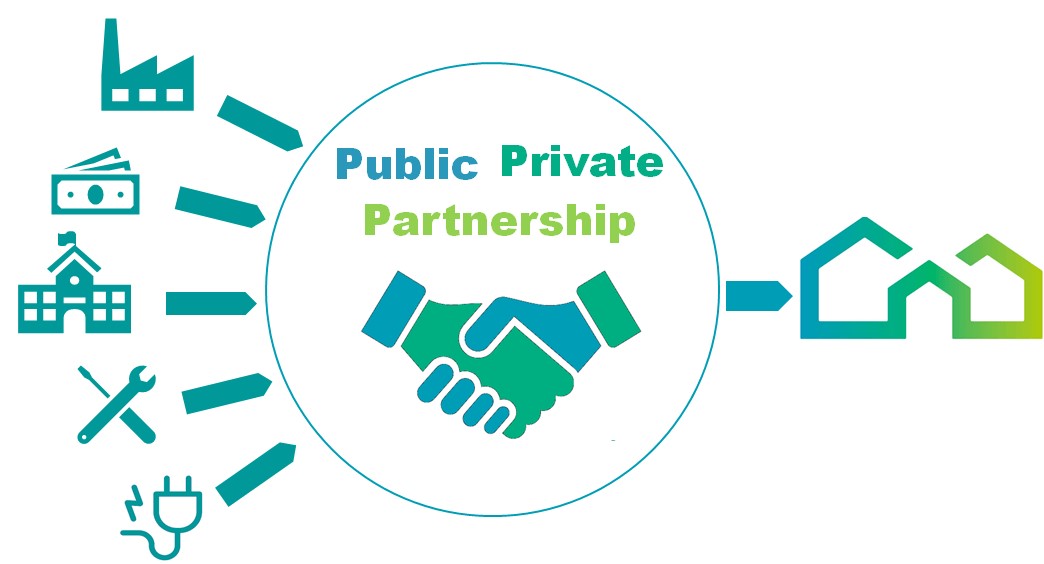“Public-private sector partnerships have the unique opportunity to improve efficiencies along the value chain and strengthen market linkages, creating increased revenue for rural enterprises and, ultimately, higher incomes for smallholder farmers,” said Akosua Ampofo Siever, Senior Partnerships Manager for Root Capital.
With coffee mainly grown on smallholder farms, the farms are usually underfunded and, if left without support, may be highly susceptible to externally devastating forces – such as crop disease, natural disasters, and economic recessions. The provision of access to capital, credit, and relief becomes necessary in ensuring smallholder coffee farms do not fall to external forces. It is safe to say that the stability of smallholder farms is essential to the global coffee industry. As such, public-private partnerships become an essential tool for the industry on a whole.
Public-private partnerships are the collaborations between government agencies and private-sector corporations to finance, build, and operate projects aimed at growth, expansion, or bolstering of specific industries in service of their stakeholders. Public-private partnerships are therefore critical for the growth of domestic consumption of coffee and should be actively sought after and pursued.
Projects carried out under public-private partnerships may include:
1. Infrastructural (roadways, pipelines, etc.),
2. Financial (access to loans, tax concessions, etc.),
3. Property rights (access to affordable lands for purchase/lease).
These types of partnerships are paramount to the growth and continued expansion of the coffee industry, globally. Investments across the value chain benefit all stakeholders and create an increased sustainability in the ‘coffee business model’.

How can you partner with your government, how can they help?
Continued investments into training, processing equipment, roadways, and tax reliefs will see smallholder farms and their processing partners provide quality coffee supplies that can meet the market demands more effectively.
Public-private partnerships (PPP) will see the collaboration of multiple stakeholders: a government body or funding agency, a private sector corporation, and in this circumstance, the coffee industry (whether, the companies, farmers, processors, consumers, or the economy as a whole).
The public sector participant in this PPP agreement will usually provide funding and regulation to any agreements or contracts. They would also promote the agreement through aiding the project through the bureaucratic straits.
The private sector participants in the agreement brings a wealth of investment and expertise. Their technical know-how improves the quality of execution of the project and increases the likelihood of longevity.
These two (the public and the private), come together to see a net positive for the coffee industry and the stakeholders.
Within the coffee industry, several outcomes can be proposed and sought after to ensure the benefits are passed on to the industry-players and end-user consumers as we seek to increase the volume of coffee which is consumed in your domestic markets. PPP agreements should seek to bolster the coffee industry both in the present and in the future, as such, in seeking partnerships areas such as capacity development and productivity investment are wise and reasonable asks.
Examples:
There are several examples of public-private partnerships in coffee industries around the world.

The benefits of public-private partnership can be varied and wide, and we urge all stakeholders to contact their local agency to find out what benefits you can see, or how you can benefit the industry as well. Click here for Country Contacts